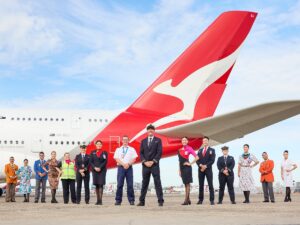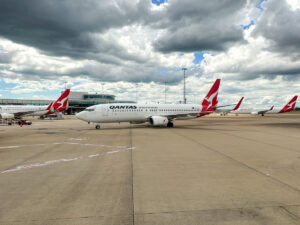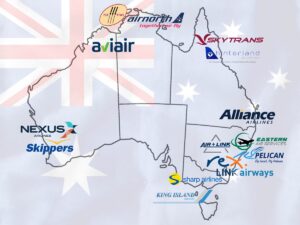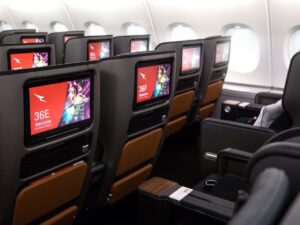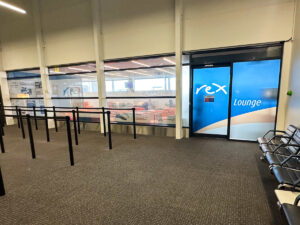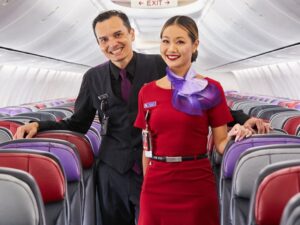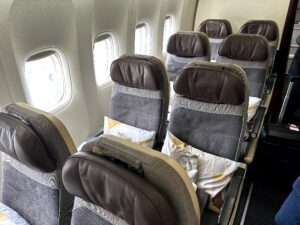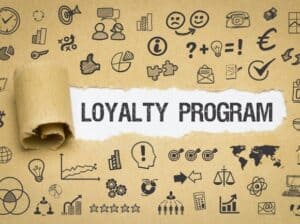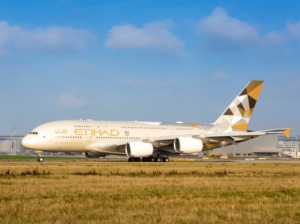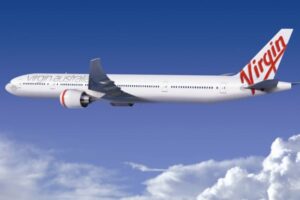
Yesterday, the ACCC handed down its first of many quarterly reports that it will produce for the federal government until 2023, outlining the impact of COVID-19 on the domestic aviation sector and how the ACCC plans to protect Australian airline competition. In addition to the ACCC’s normal functions, the federal government has asked Australia’s consumer watchdog to monitor airline prices, costs and profits over the coming period of significant change in the aviation industry.
Under the new regime, Qantas, Virgin and Rex are temporarily required to supply monthly flight capacity, passenger numbers and revenue data to the ACCC. If the government body identifies changes in airline behaviour that unfairly reduce or prevent competition, it will investigate and may take enforcement action.
“The ACCC will be reporting to government regularly and this will assist with informed policy development, particularly if we observe signs that competition in the sector is not effective,” ACCC chair Rod Sims said.
“We will act if we identify behaviour that damages competition, either arising from the conduct by airlines directly or through their arrangements with others,” Mr Sims said.
The ACCC is particularly concerned that airlines may dump excess capacity, offer below-cost fares designed to push competitors out of the market, or hoard airport slots. In its report, the ACCC explicitly called out airlines that schedule flights for the purpose of retaining slots at congested airports, but then cancel the flights at the last minute. These kinds of practices may have the effect of reducing competition in the long term.
“COVID-19 has created some of the most difficult market conditions in Australian aviation history and it’s critical that when the industry starts scaling up domestic flying, any potential damage to competition is identified quickly and acted on,” Sims said.
“Air travel is vital for the economy in a country as large and geographically dispersed as Australia. Competition must be safeguarded through this period so our domestic airline industry can meet the needs of consumers, and the economy more broadly.”
Rex has already complained to the ACCC that Qantas may be dumping capacity on the Sydney-Orange route, which it launched in July 2020 in direct competition with Rex. The independent regional airline believes Qantas is trying to force Rex out of the market as there is not sufficient demand to justify launching flights on the route. Rex claims that QantasLink’s flights on the Orange route have had an average of just 4 or 5 passengers.
On 10 other regional routes, meanwhile, the ACCC is allowing airlines to coordinate on price and schedule until 31 June 2020. Rex is even temporarily permitted to share revenue with Qantas and Virgin Australia on the designated routes where multiple airlines operate, provided fares are not higher than those in place on 1 February 2020.
The number of passengers travelling on domestic flights during April 2020 fell 95% compared to the previous year. On the Sydney-Melbourne route, previously the second-busiest route in the world, there was a 98% reduction in passengers. Demand has slowly returned since June, but not as quickly as initially expected.
As many state borders remain closed, intrastate travel is now recovering much more quickly than interstate travel – particularly within Queensland and Western Australia. In August 2020, Qantas’ most popular route was Brisbane-Cairns.
